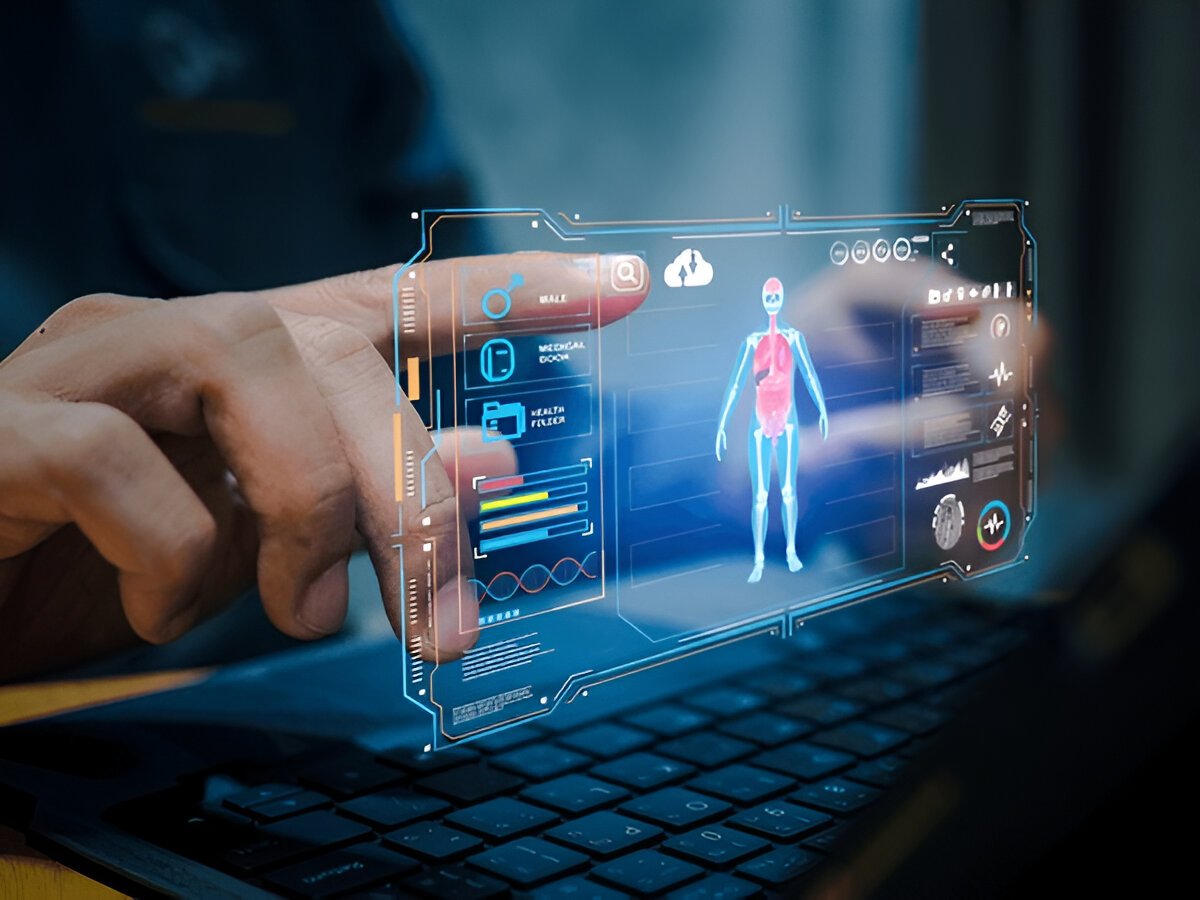Undoubtedly, the healthcare sector is undergoing swift transformations and technological improvements annually. Natural language processing (NLP), artificial intelligence (AI), and neuro-symbolic AI are just a few of the numerous advancements that are finding their way into medical offices, research facilities, and hospital systems.
Virtual assistants and conversational chatbots driven by AI development company have become increasingly common in recent years, appearing in labs, hospitals, pharmacies, and even assisted living facilities. And with good cause. Consumers expect quick and easy interactions in the era of digital customer experiences.
The healthcare chatbot industry is expected to increase at a compound annual growth rate (CAGR) of 19.16% from 2022 to 2030, from its present valuation of USD 194.85 million in 2021 to USD 943.64 million by 2030.
The applications of healthcare AI chatbots will be discussed in this blog post. So, keep reading to know more.
Use Cases of AI-Powered Chatbots in Healthcare
Healthcare organizations are using chatbots to improve communication between staff members, physicians, and patients. The following are some examples of chatbot applications in healthcare organizations:
Schedule Appointments
Healthcare AI chatbots can utilize data regarding a patient’s condition, allergies, and insurance information to make appointments more quickly and effectively. This comprises:
- Getting a spot at a lab test center or specialty medical facility.
- Rearranging missed or canceled appointments.
- Looking through the doctor’s and patient’s schedules to determine the best time slot.
- Making appointments in advance helps with a patient’s treatment plan.
- Sending updates and reminders regarding doctor’s appointments by integrating with the user’s mobile calendars.
Assess Symptoms
AI Chatbots can evaluate symptoms by asking patients questions. If the patient is too ill to get out of bed, this is really beneficial. Additionally, if a patient is not feeling well enough to type detailed explanations, the healthcare chatbot can ask them questions such as:
- “Do you feel any pain?”
- “Where exactly are you experiencing pain?”
The healthcare chatbot can then recommend the best course of action once the patient has answered these questions. Additionally, a mobile app can allow the user to input details about their symptoms.
Provide mental health assistance
AI Agents for healthcare can offer constant mental health support. For persons experiencing a crisis in the middle of the night when “human help” is unavailable, or for those residing in remote areas with few mental health options, this can be crucial. A chatbot is capable of:
- Provide wellness advice such as positive claims, relaxation techniques, and meditation.
- Connect people and mental health professionals who can assist them with particular difficulties associated with having a mental illness.
- Make connections between patients and those experiencing difficulties to offer peer support and a sense of community.
Attend to claims and coverage
Healthcare chatbots can be used by patients feeling overburdened by paperwork to follow the system without making a phone call. Typically, this covers situations where claims and coverage are filed:
Coverage: The healthcare chatbot can assist patients looking for a medical procedure by inquiring about the procedure and the patient’s insurance coverage.
Claims: The healthcare chatbot can submit a claim for medical procedure payment.
Collect patient’s data and feedback
A patient is giving the healthcare company vital information and feedback when they use a chatbot. This enables better care and fewer mistakes for patients having a more complex medical history. Clinics can use the input to enhance their offerings and the patient experience for both present and potential clients. All things considered, this data helps healthcare organizations in enhancing the quality of care they provide.
Set vaccination reminders
AI Agents for healthcare can remind people when they need to get particular vaccines. A few questions regarding the patient’s travel habits, occupation, and other relevant details can be used to get this information. The healthcare chatbot can then indicate necessary vaccinations to have when visiting specific countries and notify the patient when it’s time to get vaccinated.
Closing Thoughts
AI technology holds promise for both patients and healthcare professionals. As experts forecast that the market for chatbots will reach USD 943.64 million by 2030, this AI-powered Chatbot technology will only get better over time, giving patients an even more dependable, safer, and humanized experience.
Then, what does that mean for your healthcare software development practice? Reduced expenses, reduced downtime, increased employee satisfaction, and a far better—and more reliable—care service for your patients.



